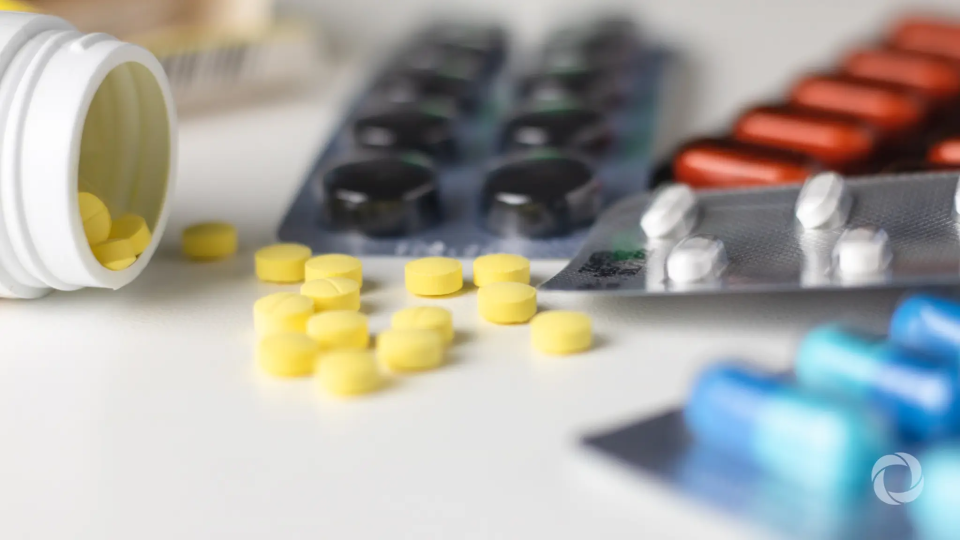The World Health Organization (WHO) has added new cancer and diabetes treatments to its essential medicines lists (EML), making it easier for countries to buy and cover these drugs through public health systems. The updated lists now include 523 medicines for adults and 374 for children after WHO experts approved 20 new adult drugs and 15 pediatric treatments, according to a WHO press release. More than 150 countries use these lists to decide which medicines their health systems should prioritize and fund.
Cancer kills nearly 10 million people each year, making it the world’s second biggest killer. WHO’s expert committee looked at 25 different cancer medicines but only approved those that extend life by at least 4-6 months. The committee added pembrolizumab, a drug that helps the immune system fight cancer cells, for treating cervical, colorectal, and lung cancers that have spread. Two other similar drugs, atezolizumab and cemiplimab, can also treat advanced lung cancer.
More than 800 million people have diabetes while over 1 billion live with obesity, with both conditions growing fastest in poorer countries. The committee approved four new drugs—semaglutide, dulaglutide, liraglutide, and tirzepatide—for people with type 2 diabetes who also have heart disease, kidney problems, or obesity. These medicines control blood sugar, cut heart and kidney risks, help with weight loss, and can prevent early death.
“The new editions of essential medicines lists mark a significant step toward expanding access to new medicines with proven clinical benefits and with high potential for global public health impact,” said Dr Yukiko Nakatani, WHO Assistant Director-General for Health Systems.
But high prices for drugs like semaglutide and tirzepatide mean many patients can’t afford them, so countries need to focus on patients who need them most and push for cheaper generic versions.
WHO experts spent a week in Geneva reviewing 59 medicine applications, checking each drug’s effectiveness, safety, and cost. The essential medicines lists started in 1977 to help developing countries get better access to important drugs and now guide health policy decisions worldwide.

